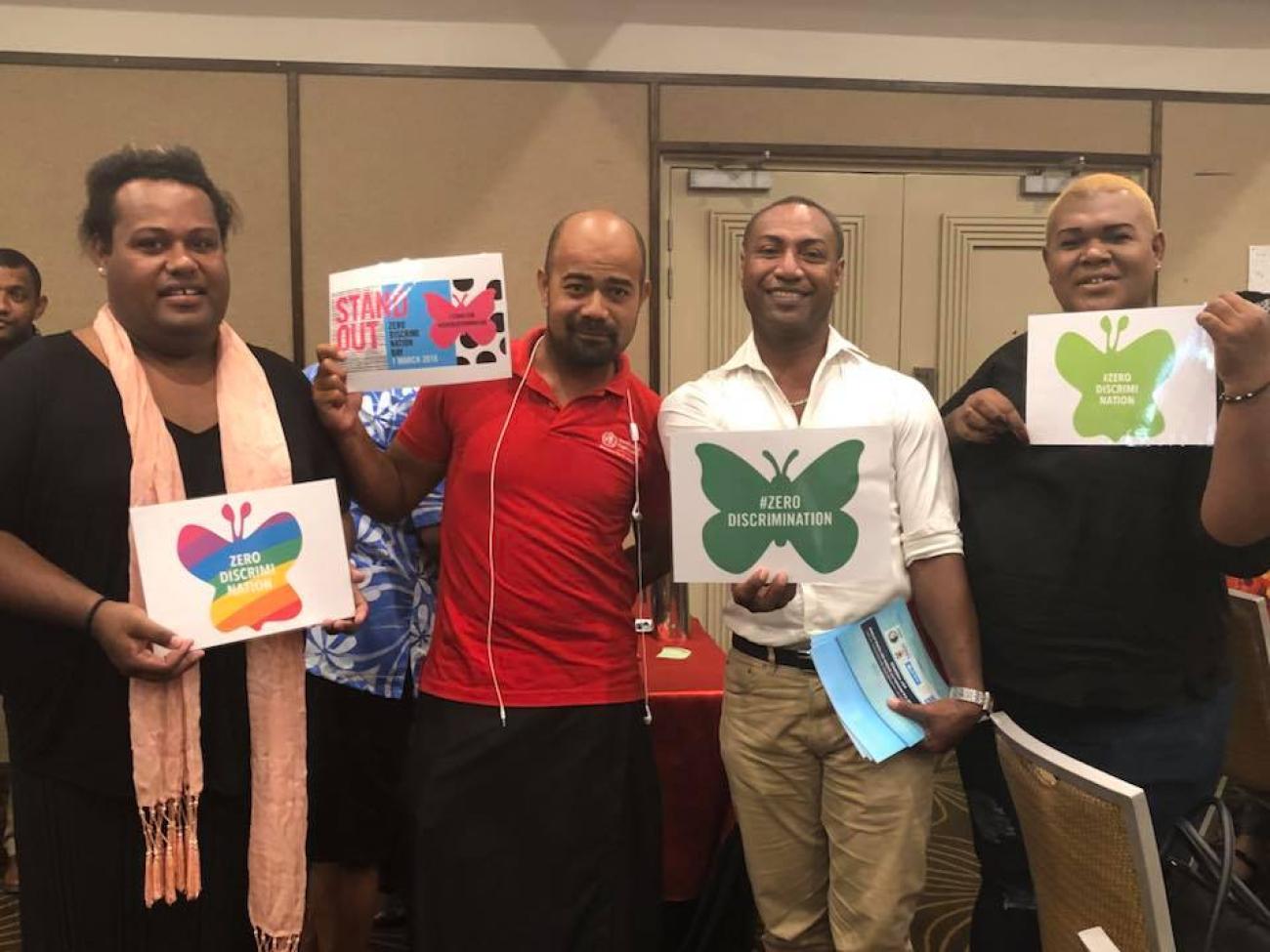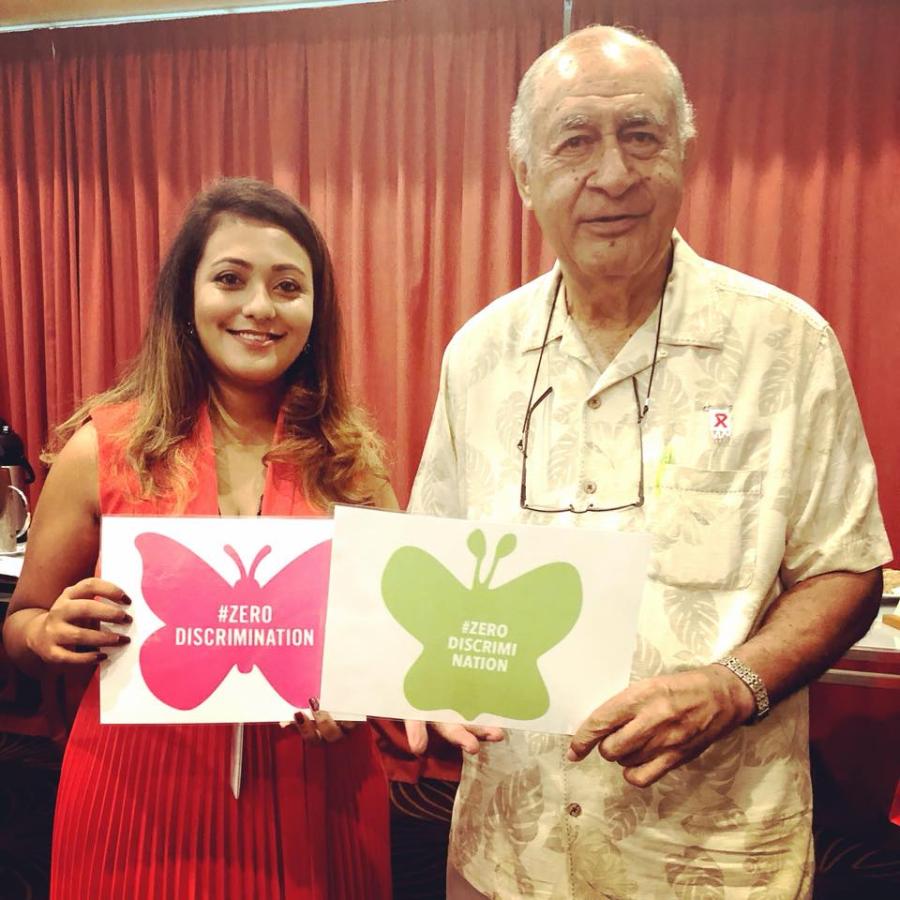OPINION: Zero Discrimination Day - End Inequality to save lives

Access to healthcare should never be a privilege.
Access to healthcare should never be a privilege. Unfortunately, this is the case for many people on the basis of their income, sex, age, health status, occupation, disability, sexual orientation, drug use, gender identity, race, class, ethnicity and religion. Every year on March 1st on Zero Discrimination Day UNAIDS, calls for strong action against these forms of discrimination. The day is symbolized by a butterfly, which represents transformation. A process which is needed in order to achieve zero discrimination. UNAIDS calls on individuals and countries to put an end to all forms of discrimination. This day is a reminder that every individual deserves respect & dignity no matter who they are. Discrimination is a barrier to many essential services, especially when it comes to health & wellbeing.
This year’s theme is End Inequalities. Right now, the world is seeing inequality in action through the COVID-19 vaccination. We are witnessing how inequalities can lead to the failure of containing the pandemic. In the early years of the AIDS epidemic, inequality was a driving factor towards many deaths. There was a time when antiretroviral (ARV) treatment was too expensive for people in low-income countries to afford. While in wealthier nations, People living with HIV(PLHIV) were able to afford treatment. However, through the rise of activism, communities and nations fought against patents that kept countries from making more affordable, generic versions of the drugs. AIDS activists from around the world came together to lobby against rich countries to end what many scientists called a crime against humanity. This resulted in ending these inequalities towards access to treatment, which has saved millions of lives, including those People Living with HIV (PLHIV) here in Fiji, who can now access ARV drugs for free that is supplied by the Fijian government. With this access to ARVs and discrimination free approach, PLHIV can now live a long healthy life for as long as they are on treatment.
However, decades later we witness again at the height of another pandemic, the inequalities surrounding COVID-19 vaccine access around the world. We see nearly 70 per cent of vaccine doses administered so far have occurred in the world's 50 wealthiest countries. In contrast, only 0.1 per cent of vaccine doses have been administered in the 50 poorest countries.
Some of these wealthier nations have bought vaccines that can vaccinate their countries 2-3 times over. Having history repeat itself, tells us that we have not learned the importance of a human rights focused approach to health. And yet again, low-income countries are at the forefront of been missed out on health. And yet again, we go through another cycle lobbying for affordable vaccines and asking wealthier nations to assist with accessing these vaccines.

Confronting inequalities and ending stigma and discrimination is critical to ending AIDS. The world is off-track from delivering on the shared commitment to end AIDS by 2030 not because of a lack of knowledge, capability or means to beat AIDS, but because of structural inequalities that obstruct proven solutions in HIV prevention and treatment. Ending inequality requires transformative change. It goes without saying when it comes to the COVID-19 response that if we do not confront inequality then the world will have an on-going battle with containing COVID-19.





